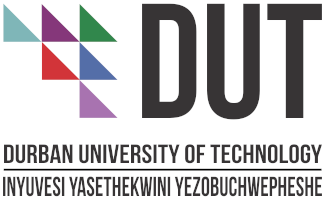Student Loan Debt Challenges and the Implications of Consumer Protection Legislation: A Case Study of a South African University
DOI:
https://doi.org/10.51415/ajims.v6i1.1520Keywords:
student loans, consumer protection, contractual challenges, vulnerable groups , consumer challengesAbstract
The apartheid system, with its racial policies and unequal school funding, undeniably led to educational and social disparities that limited access to higher education (HE). To facilitate access, governments and financial institutions have introduced student loan schemes to help students with tuition fees and related costs. However, there can be severe consequences if students fail to make timely repayments, and they may face challenges when dealing with loan contracts. This article examined the impact of consumer protection legislation on student loan debt challenges in South Africa’s HE sector. A survey was conducted to gather data from a sample of 380 students at a selected university. The findings revealed that many respondents were unaware of the consequences associated with unpaid student loan debt and that they faced certain challenges, such as inequality of bargaining power, not understanding the terms of standard form student loan contracts or concluding them without fully reading the terms and conditions therein. This lack of awareness placed these students at a disadvantage. Misconceptions about student loans and repayment responsibilities were also prevalent. Students also faced barriers such as high legal costs for contract review and have a limited knowledge of consumer rights, exacerbating the issue of unreasonable or unjust contract provisions. To address these issues, the article argues for improved protection for students and enhancements to the student loan system by introducing consumer education programmes; offering mandatory counselling before loans are granted; and providing financial education workshops or seminars.
Downloads
Downloads
- PDF 899 Downloads






